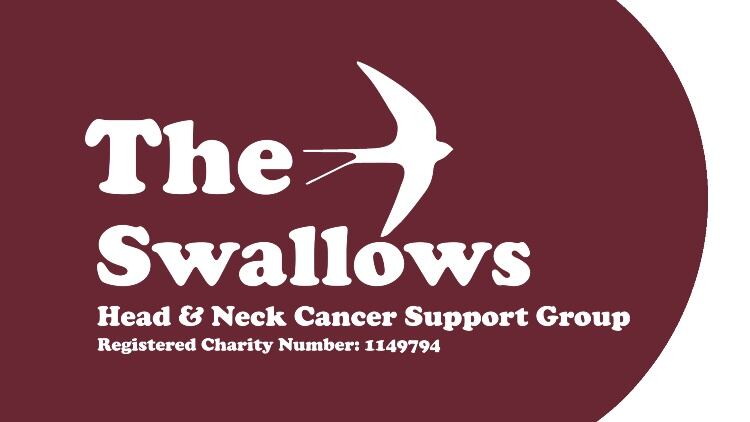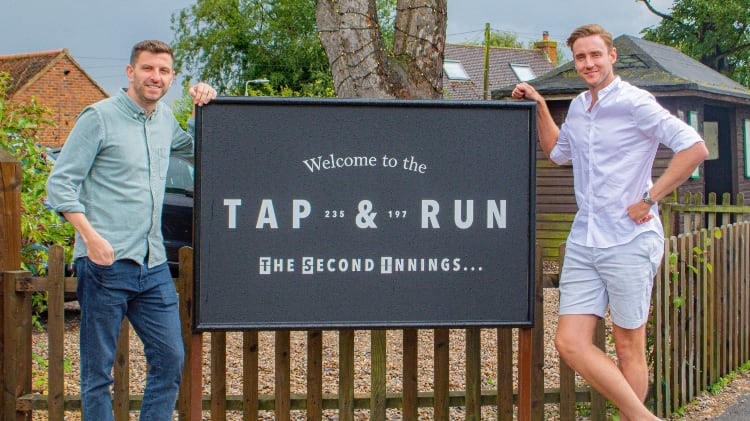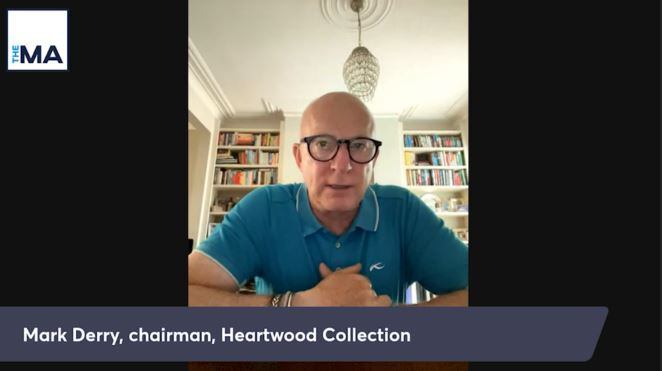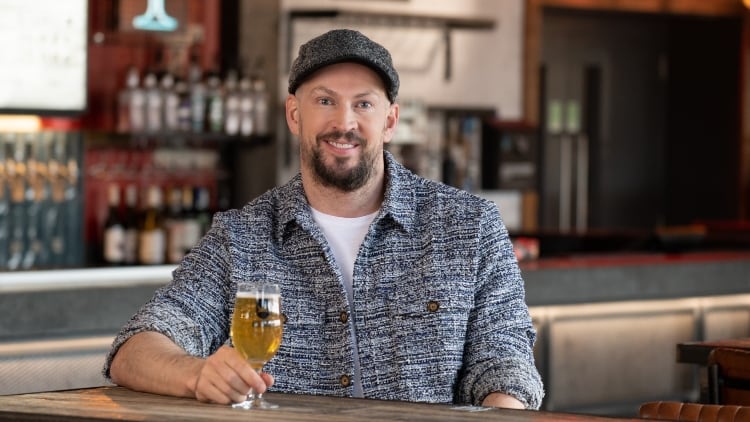Founder and chief executive of the charity, Chris Curtis, explained many head and neck cancer survivors suffer with “long-term side effects” that affect their quality of life and make eating and drinking difficult, such as dry mouth and mucositis, which can make visits to the on-trade problematic.
To cope with these symptoms, patients may require extra water for the table to help with swallowing, a smaller portion, more time to finish a meal, liquidised food, or no added salt and seasoning to their food.
Curtis said: “One of the big issues we’re all left with is eating throughout the treatment; it’s impossible to eat and swallow and communicate.”
In addition, the chief executive stated patients and their families are often left “stuck at home” with a “reduced quality of life”.
“They don't go out anymore. I lost 12 stone in weight through my treatment because I just didn't eat or drink properly for about three years.
Other pressures
“If you don't eat and drink – and don't go out – then you don't have a social life, which then causes other pressures around the family and the patient as well.
“And if you take the ability to communicate away from someone and the ability to eat and drink, you don’t feel human anymore”, he continued.
Curtis launched The Swallows in 2011 after his diagnosis with stage four throat cancer and the charity has since helped more than 12,000 people and received a Queen’s Award for voluntary services in 2017.
He said: “I wanted people going through that to be able to talk to someone and know they aren’t on their own and that it was not the cancer coming back, but a side effect of the treatment.”
To take away the potential stress for patients when in the on-trade, The Swallows has called for pubs to sign up to its restaurant card scheme, which is free, and will include marketing materials such as window stickers to showcase a pub's adaptability for these situations.
Curtis added: “Having to explain everything about your cancer and the issues you've got becomes too much trouble for people. And why should I have to explain that I've got cancer?
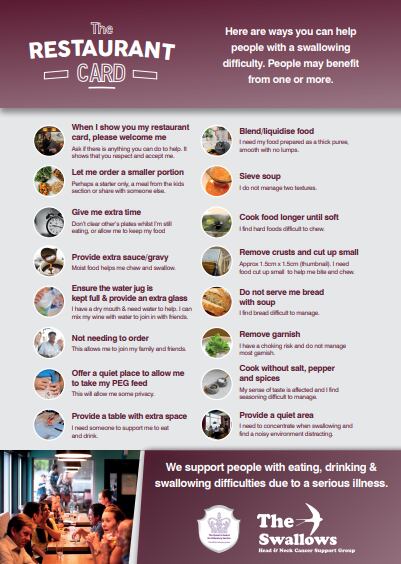
“There's no training involved apart from understanding the needs of certain cancer patients and making sure staff are always aware that if a patient comes in and shows the restaurant card, there's no questions asked; it's no different than having a vegetarian in the restaurant.
“The pressure on the staff would be no different than when they are serving a person with allergies.”
In terms of what dishes venues could look at to make adaptable for such guests, Curtis advised pasta, eggs and fish are easier for patients and survivors to eat.
“I'd love to eat a fillet steak, but I'll never be able to eat that again because I can't swallow it, but I can have a burger.
“There’s not much on a menu that I wouldn't be able to eat. I can't eat spices but if I see something on the menu that's got spices, I wouldn't order it anyway.
“Patients might request, as much as chefs cook everything with salt and seasoning, don't put any salt or seasoning in [their dish].
Big market
“But, with the restaurant card, the chef would know that and would naturally cook it bland,” Curtis continued.
Curtis added pubs could use symbols on menus to show which meals could be adapted in these ways, similar to those that can be made gluten-free or vegetarian.
The chief executive also claimed the restaurant card would help patients chose venues able to cater to their needs, potentially opening businesses up to a whole new market with the potential to increase footfall as well as help their local communities.
He said: “It sounds like a lot of work, but if you think of the amount of people out there that are not going into pubs, it's an opportunity to bring people back into pubs, restaurants and bars with their family and friends.
“It’s a big market for pubs and restaurants. There's 15,000* people every year in the UK diagnosed with head and neck cancer. It's the third fastest growing cancer in the world*.
“And 80% to 90%* of those survive the cancer – they're the ones that, long term, are going to be going back into the pubs.”
*Statistics attributed to Cancer Research UK


